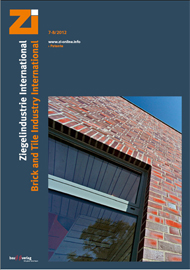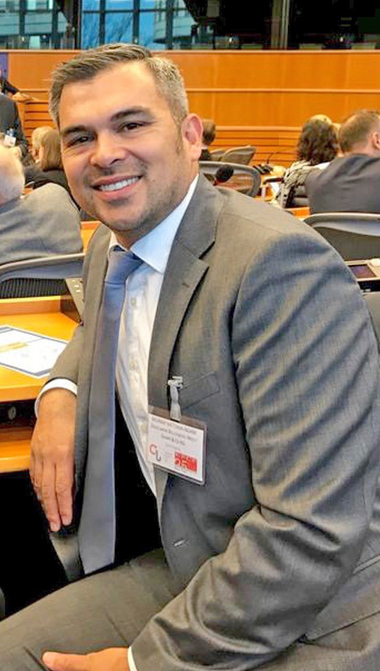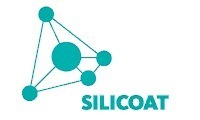Europe must take determined action to stabilize its financial and economic systems in the short term and at the same time take measures to secure economic opportunities for the future. Intelligent investments, especially in research and development, are vital. Only in this way does it appear possible to maintain our high living standards and to realize the challenges of our society, e.g. climate change, an aging population, safeguarding of jobs while ensuring resource- and energy-conserving production.
The European Commission (EC) is currently pushing ahead with important strategic decisions. Under the heading of Horizon 2020, it has proposed the initiation of a programme with € 80 bill. in funding for research and development. The funds, which are to be released from 2014 to 2020, are to be used to promote outstanding scientific projects, future industrial topics and finding solutions to meet social challenges such as safe, clean and effective energy generation, climate protection, resource efficiency and sustainability in the use of resources.
On 30 May, two interesting events on this topic were held in Brussels:
› �The European Parliament Ceramics Forum (EPCF) issued an invitation to an information event under the direction of Malcolm Harbour (MEP) and Michael Cashman (MEP) at the European Parliament. Here, experts reported on the “Importance of an effective EU strategy”, to strengthen growth and innovation. Representatives of the European ceramics industry then described trends and opportunities for our industry
› �In a different setting, Cerame-Unie (European Ceramic Industry Association) presented key points in its programme and their relevance for the ceramics industry. Ideas for strategic approaches to obtaining the required funding were developed. For the ceramics industry, two programmes are interesting:
1. �Safe, clean and cost-efficient energy: to be funded with € 5.782 bill.
2. �Climate protection, resource and raw material efficiency: to be funded with € 3.16 bill.
To get a share of this money, it is essential for European ceramists to take concerted action. The entire European ceramics industry realized sales of around € 28 bill. in 2011 – just about as much as Deutsche Lufthansa on its own. In addition comes the fact that the ceramics industry is split into eight groups: wall and floor tiles, technical ceramics, tableware, sanitaryware, kiln furniture, vitrified clay pipes, clay bricks and roofing tiles and abrasives. The clay brick and tile industry accounts for around 21%. If you look at it realistically, it soon becomes clear how limited the influence of our industry is on European level if everyone acts on their own.
Cerame Unie has already addressed this situation conceptually and developed approaches for European cooperation. To be able to use the research funding, we need comprehensive projects that must excel in meeting the following criteria:
› �The project topics must be “highly interesting”
› �The projects must be ambitious community projects that even large enterprises cannot successfully realize on their own
› �The projects must involve European partners
› �Projects involving SMEs are favoured
What possibilities do we have to collect proposals and submit projects? With individual actions, we probably would not have any chance at all. A ceramics lobby made up of international partners should be established. Universities, colleges as well as research institutes and companies, brick manufacturers as well as plant suppliers must be integrated in this. In this way a European platform with widely branching networks could evolve. Project ideas could be bundled and the information collated for submission of applications. Only by working together does Europe’s ceramics industry have a chance to acquire funding for projects in order to safeguard our future.
Dr.-Ing. Ullrich Knüpfer, Director of the IZF Institute for Brick and Tile Research Essen Regd




